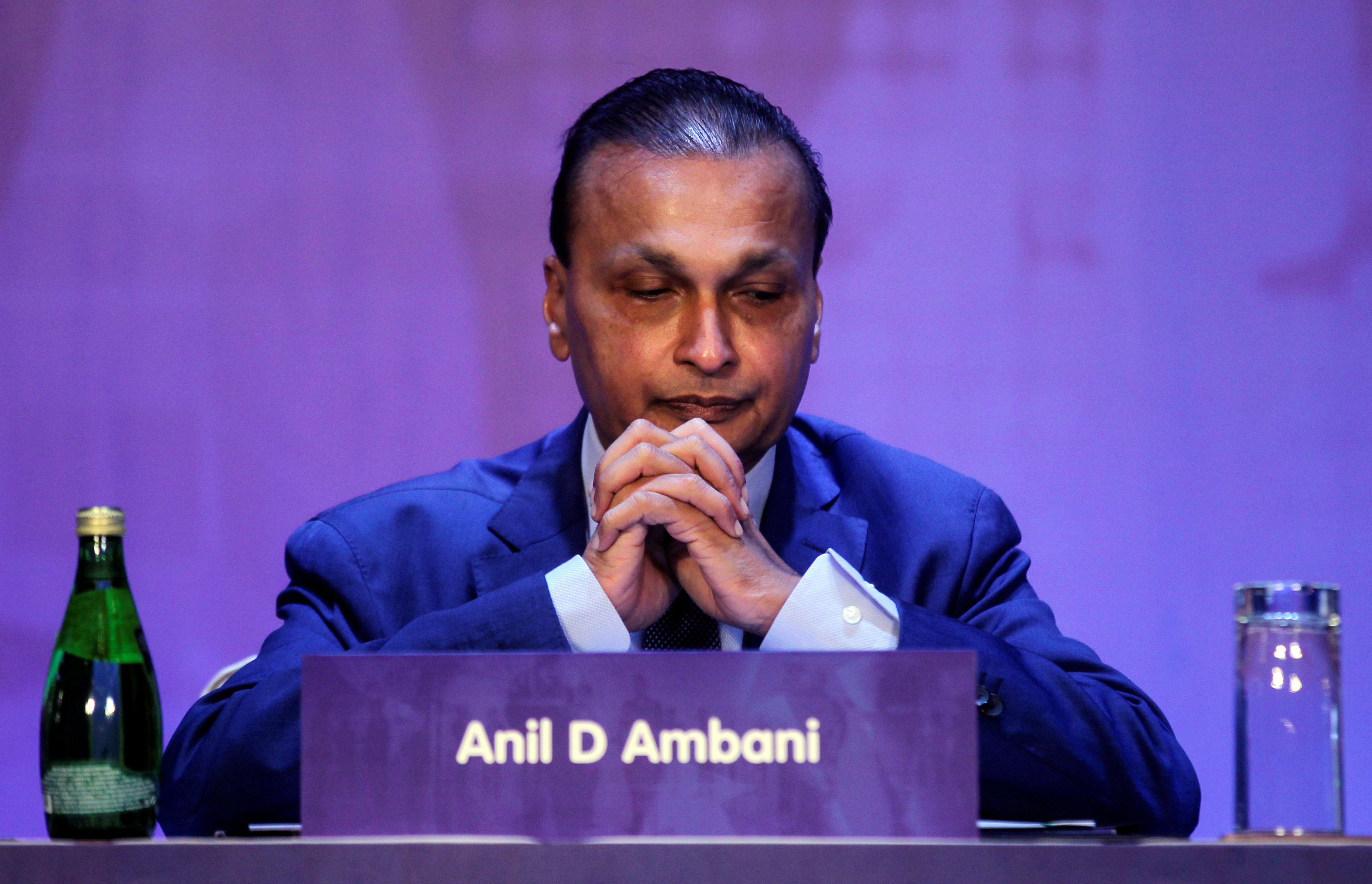
The ban, which reflects SEBI's stringent measures to enforce market integrity, bars Ambani from buying, selling, or otherwise dealing in securities, either directly or indirectly. This extensive restriction comes amid ongoing scrutiny over market practices and corporate governance standards in India.
SEBI's decision underscores the regulator's commitment to maintaining transparency and accountability within the securities market. The action against Ambani follows a series of investigations into market manipulation and other violations. It represents one of the most notable enforcement actions in recent years, signaling SEBI's resolve to address issues of compliance and ethical conduct among high-profile market participants.
The case has garnered significant attention due to Ambani's stature and the impact on his business interests. As a high-profile figure in the Indian business community, the implications of this ban are substantial, affecting his ability to engage in securities transactions and potentially influencing his broader financial activities.
SEBI's enforcement actions are part of a broader effort to enhance regulatory oversight and protect investors. The regulator's focus on high-profile cases aims to deter market misconduct and reinforce confidence in the fairness and integrity of the Indian securities market. By targeting prominent individuals and entities, SEBI seeks to demonstrate its commitment to upholding market standards and addressing any lapses in compliance.
Ambani's ban reflects a broader trend in global financial markets where regulatory bodies are increasingly assertive in enforcing rules and regulations. This trend is indicative of a growing emphasis on corporate governance and regulatory compliance, with significant consequences for those who fail to adhere to established standards.
The ruling is expected to have far-reaching effects on Ambani's business operations and financial strategies. As the securities market remains under close regulatory scrutiny, other market participants will likely be mindful of the heightened enforcement environment and the potential consequences of non-compliance.
Overall, SEBI's action against Anil Ambani highlights the evolving regulatory landscape in India's financial markets and underscores the importance of adhering to market rules and ethical standards. The decision marks a pivotal moment in the ongoing efforts to ensure transparency and integrity within the securities market.
